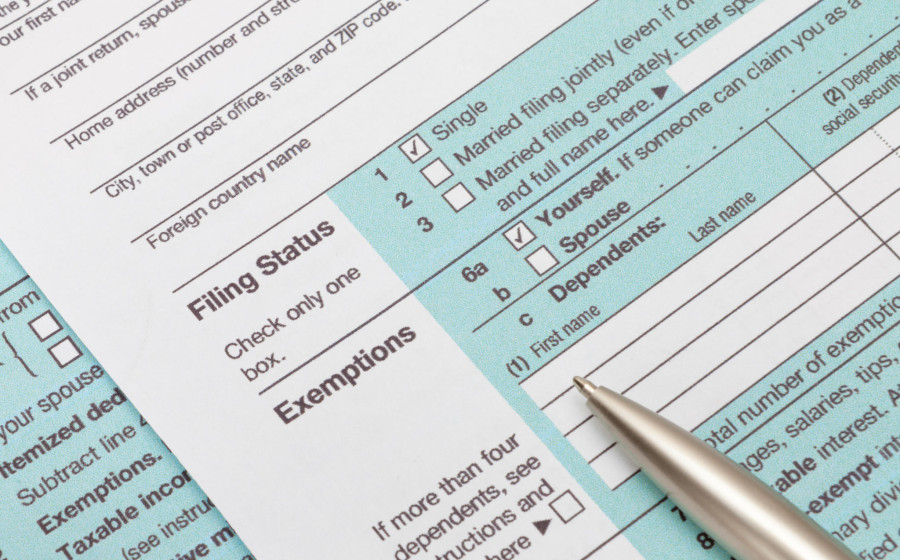What Self-Employed Business Owners Need to Know
Self-employment is growing throughout the San Francisco Bay Area. Many of my clients who have been laid off from a corporate job are exploring a second career that finds them working for themselves. While this is great news, it opens up a lot of tax implications for those that are self employed.
But exactly what is tax deductible for those who are self- employed? What do you need to know that you didn’t know when you worked for another company? And how much can your deductions be worth? Here are some general guidelines:
The Home Office Deduction
The Internal Revenue Service does allow you to make a deduction for having a home office. But if you do take this deduction, which is calculated as a percentage of your mortgage payments, you must make any year-end payments on your home before December 31.
In addition, the home office deduction can also include a portion of other expenses such as utilities, insurance, home owner’s association fees, lawn maintenance, even repairs and maintenance. Again, you must make all of these payments before the end of the calendar year. There are certain requirements you must meet in order to claim this deduction.
Is Your Car Used for Business, Personal, or Both?
If you want to deduct using your vehicle for business, the IRS says that you’ve got to keep receipts of fuel purchases, repairs, tires, etc. This can add up to big potential tax deductions with business miles you drive throughout the year, so keep track of your mileage at the beginning of the year and the end.
What Expenses Should a Self-Employed Individual Track?
Other self-employed business expenses typically may include any office supplies, computers, software, printers/scanners, fax machine, business phone, business banking account charges, credit card fees, parking, research, and business travel. In addition, if you’re self-employed and you wear a uniform for your business, the cost of this type of clothing may be deductible, as well.
What Are Non-Business Deductions for the Self-Employed?
If you don’t have a home office or vehicle expenses, you can save money on your taxes by making deductions on your personal income tax return. So if you own your home, this can be mortgage interest and real estate taxes. Again, please make sure that your January 1 payment was made before December 31, 2015 so that the interest paid can be deducted when you file.
Did you make any of these possible deductions that can be listed on your personal tax return?
- Charitable deductions
- Health insurance premiums
- Long-term care insurance
- Un-reimbursed medical expenses
- Co-payments and deductibles
- These are only a few of many possible deductions
The Purchase of Major Business Related Assets
Instead of depreciating certain expenses over several years, IRS Section 179 provision lets you expense the entire purchase price of major assets used primarily for your self-employed business––up to $25,000––during the year of its acquisition. But if this deduction exceeds your net income for that year, you can carry it forward to reduce future year’s tax liability
The more you can set aside in your retirement plans or with major purchases of business assets, you may be able to substantially lower your tax liability. Of course, a lower tax liability can often translate into correspondingly lower estimated taxes.
Self-Employed and Retirement Plan Contributions
Self-employed people have many choices for retirement plans, including IRA and SEP IRA plans. For these, you can make contributions to your plan as late as your tax return’s filing date, which is typically April 15 or later if on extension.
But for a 401(k) plan, you must make any contributions no later than December 31 if you want those contributions to be tax deductible in this current tax year.
Making Your Tax Estimates On Time
Paying taxes is a necessity for those that are self-employed, as is paying any estimated federal and state income taxes for the coming year. As a self-employed business owner, please remember to make any estimated tax payments on time, or risk having the IRS impose a penalty and interest.
The Bottom Line: If you don’t know how much estimated taxes to pay, or what any of your possible deductions may be, now’s the right time to make an appointment to discuss your tax planning for 2016 and beyond.
- Preparing Your Tax Documents - February 1, 2024
- Making of a Successful Team Environment - December 31, 2023
- Got a Mistake on Your Tax Returns? - September 3, 2023

